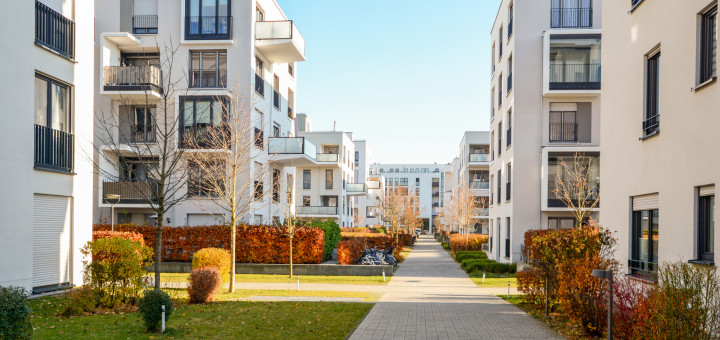
Mobility
Urban transport and mobility is a major consumer of energy and emitter of greenhouse gases and to develop a sustainable transport and mobility system is crucial for Baltic Sea Region cities both in its urban and rural areas. With the majority of citizens living in urban areas, urban mobility is one of the major factors affecting quality of life.
Increased road traffic in urban areas and inefficient transport systems lead to a number of problems: congestion, poor air quality, noise and accidents pose a serious harm to the environment as well as to people's health. The need for an integrated approach has been expressed in the key EU policy documents on Urban Mobility. Sustainable urban mobility planning is strongly promoted by the EU as a comprehensive approach to develop sustainable transport systems and mobility behaviour at the local and regional level. Sustainable Urban Mobility Plans (SUMPs) define a set of interrelated measures designed to satisfy the mobility needs of people and businesses today and tomorrow.
In this process, it is also important to involve citizens into the planning process. Giving power to the stakeholders, hearing their opinion and letting them influence and co-create the city leads to the mutually beneficial dialogue between local authorities and stakeholders.
UBC Sustainable Cities Commission has been involved actively in numerous projects offering support and guidance to cities willing to take the leap to the next level and become a more sustainable city in terms of mobility. We are actively promoting and implementing the concept for Sustainable Urban Mobility Planning (SUMPs) and support UBC cities on their transition towards electric and shared mobility. We equally support cities with sharing innovative ways of involvement methods and facilitate the exchange between member cities to learn from each other, as all cities face similar challenges. One of five core topics for the UBC Sustainability Action Programme 2030 is developing mobility-smart cities.












